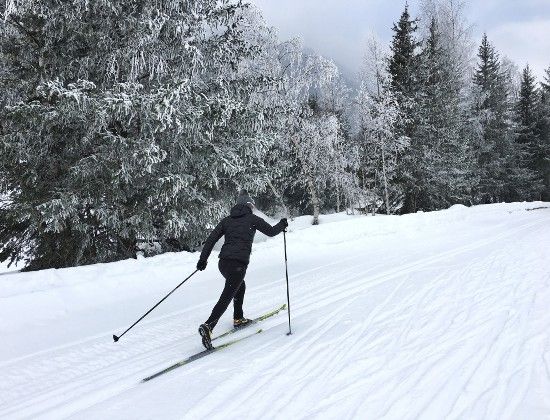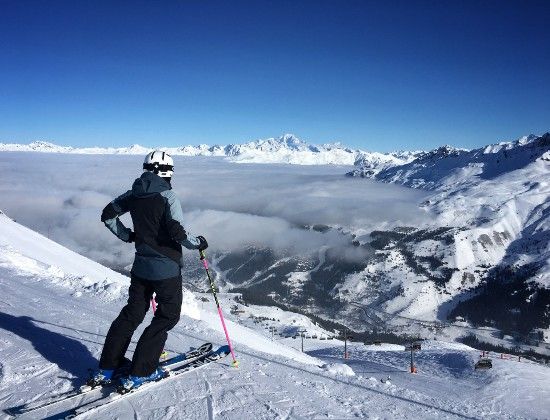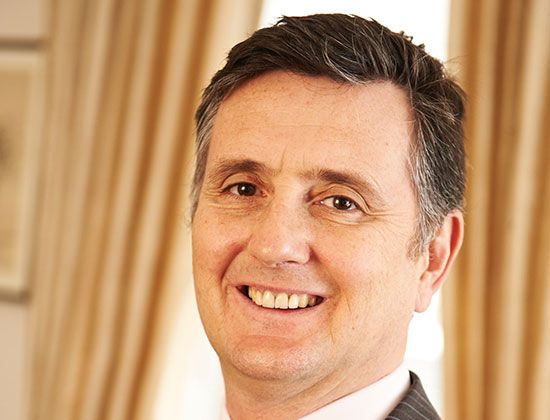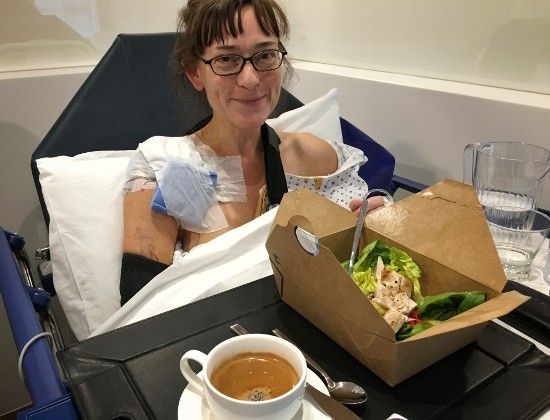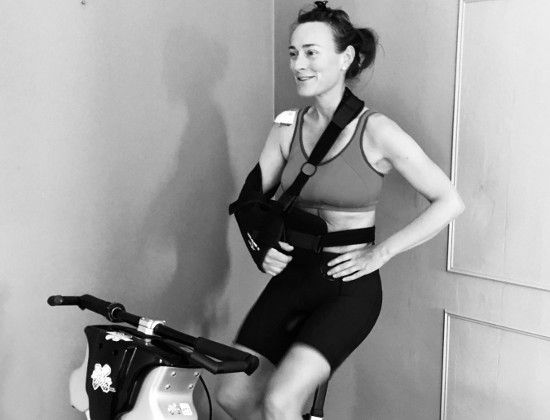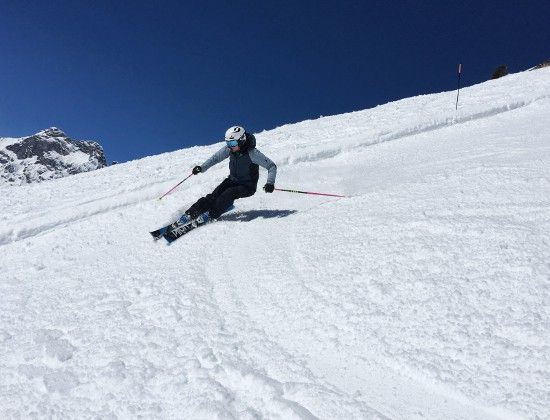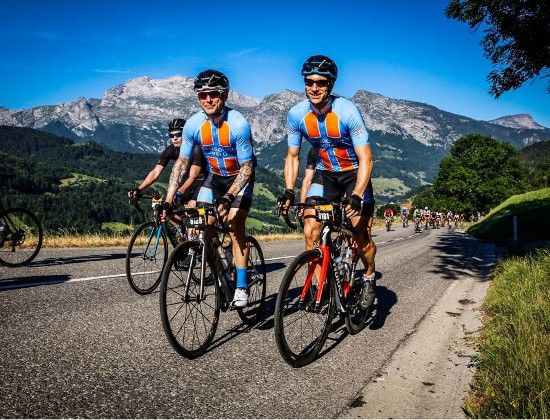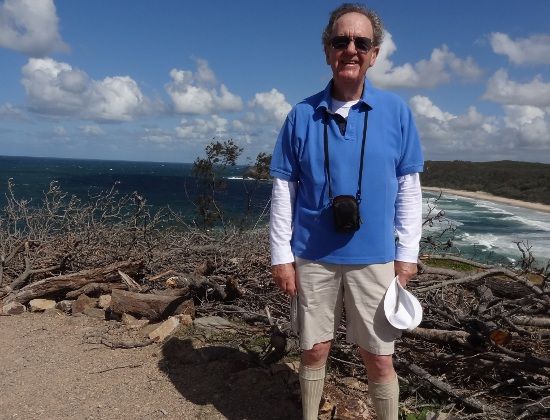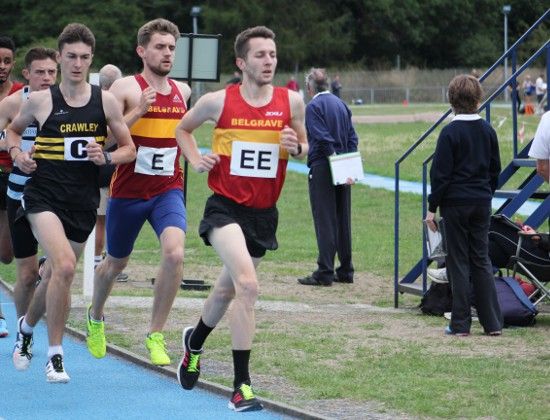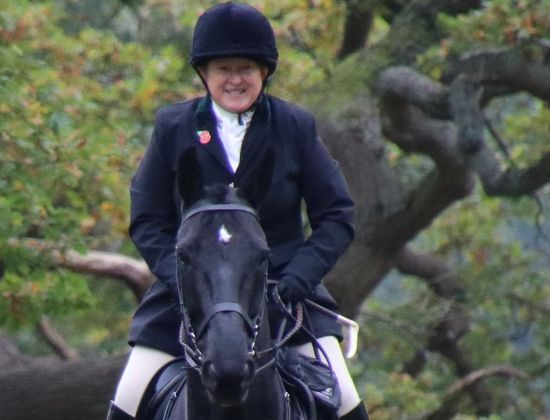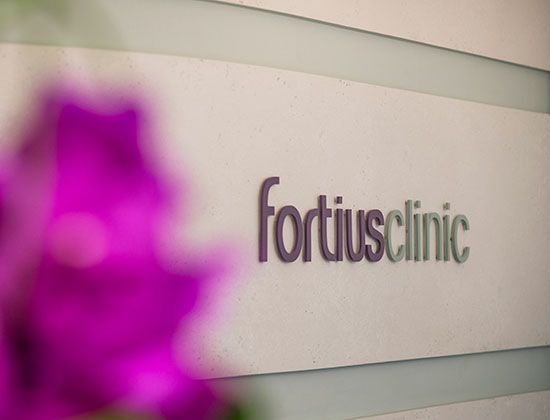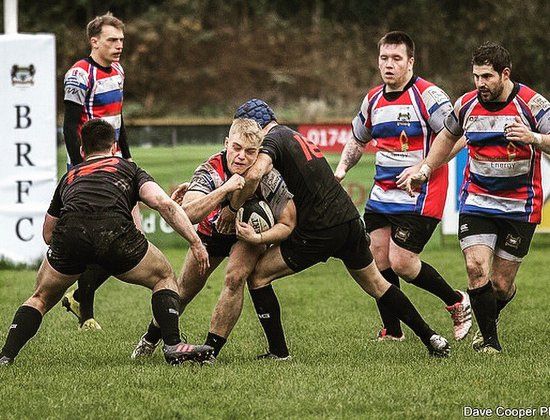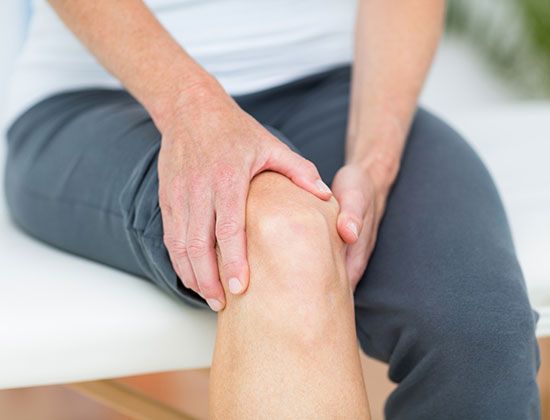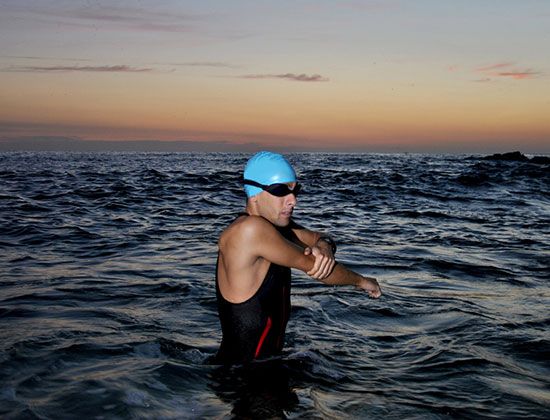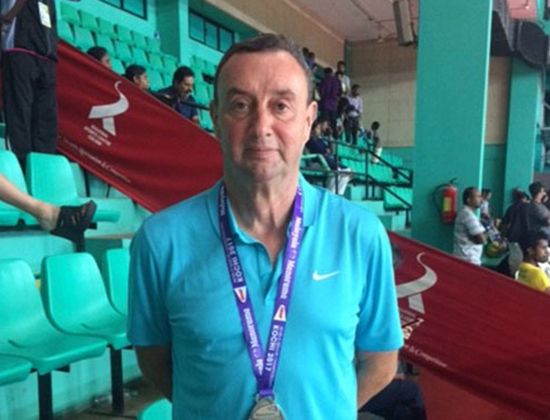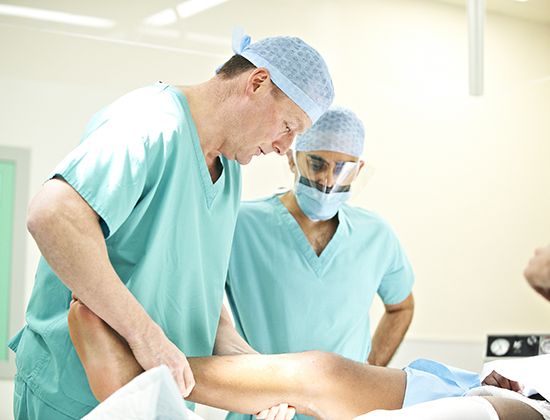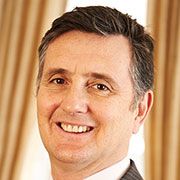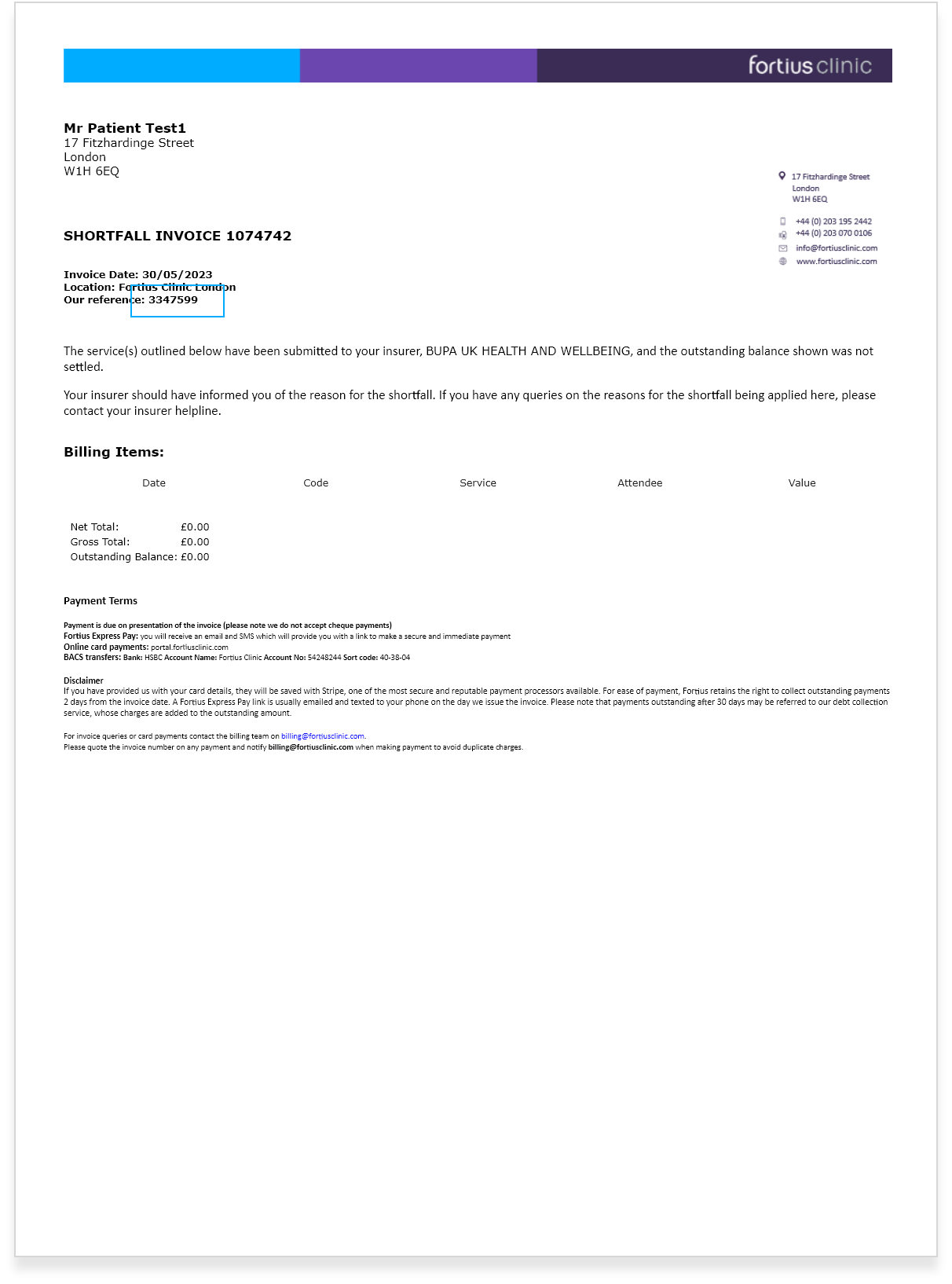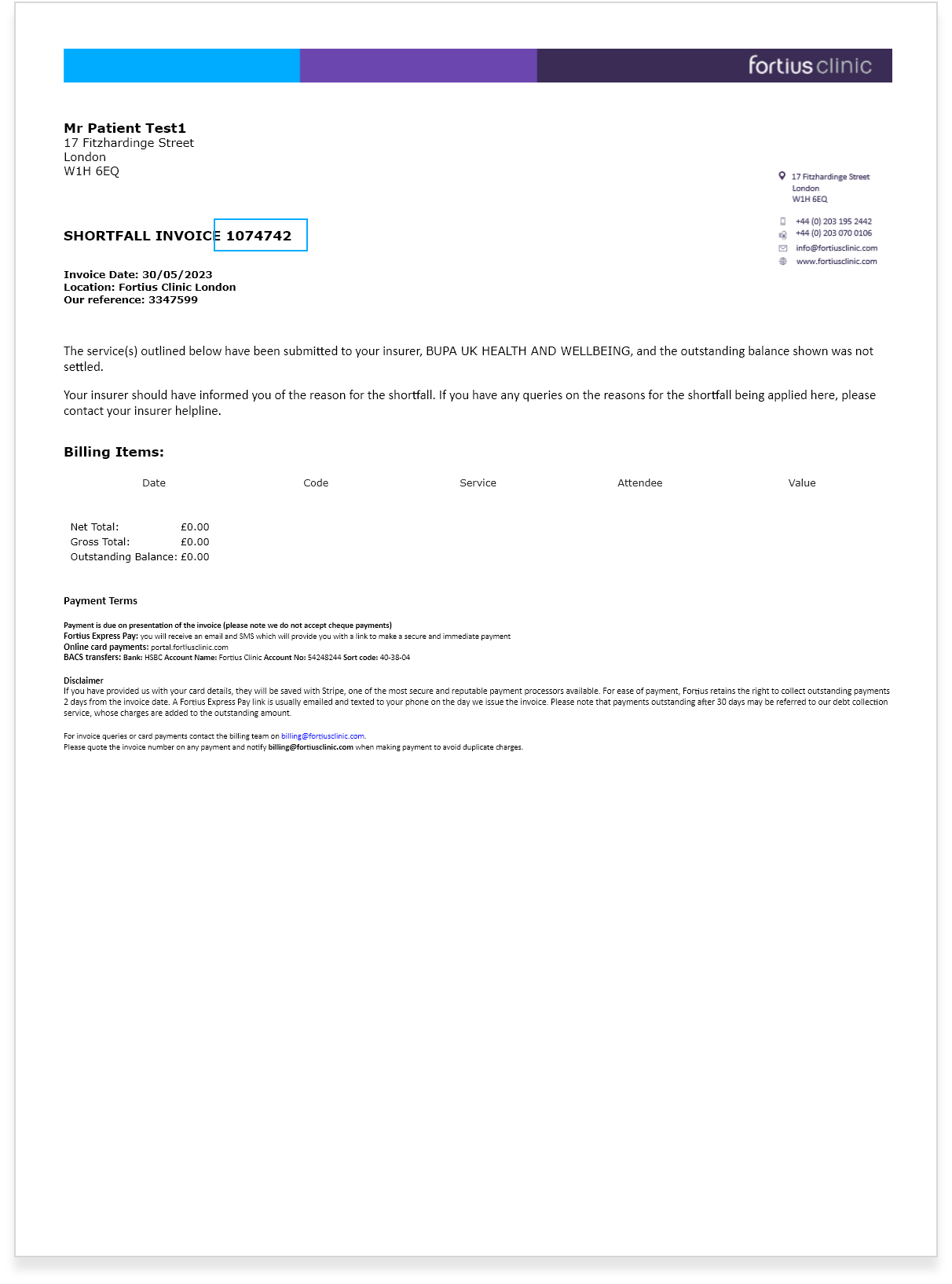Julia returns to the slopes following keyhole surgery
Julia is a ski fanatic, so much so that her and her husband run a ski instruction and guiding company working in France and the UK. During the season, she skis most days and particularly enjoys off piste and cross country skiing. For the remainder of the year Julia stays active by partaking in HIIT spin sessions, weight training and running or hiking in the outdoors.
Her injury occurred in Courchevel towards the end of the season in 2017, the snow was hard packed and she was the first down the mountain amongst her friends. Whilst performing some speedy turns, Julia suddenly hit a large patch of ice, lost all grip on her skis and fell sideways into the hill, landing with her arm hyper extended. All of her weight went through the shoulder and as she slid downhill her arm was pulled around in this position as she could not manage to release her ski poles. By lunchtime the pain had increased and she was suspicious that she had dislocated her shoulder in the fall however, due to her previous experience with ski injuries, Julia decided not to see a doctor that day.
